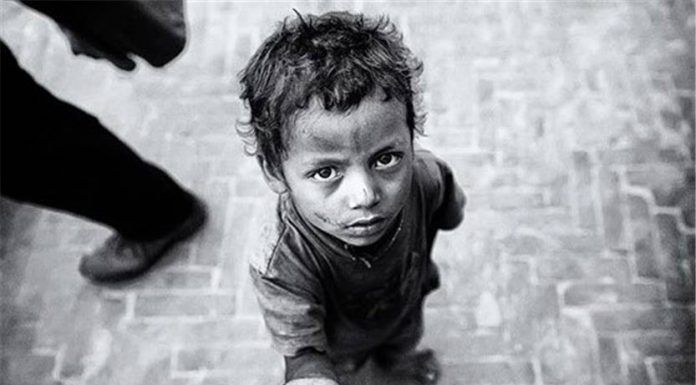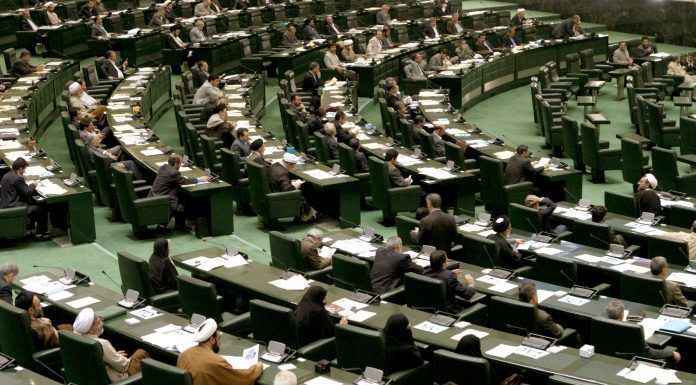The latest report by the Majlis (Iranian Parliament) Research Center has highlighted an increase in the country’s poverty rate to 30 percent in 2018, as well as the failure of government anti-poverty measures such as subsidies and cash payments to alleviate the problems of the average Iranian household, which has been facing serious difficulties since the re-imposition of U.S. sanctions in May.
While the poverty line (the minimum household income threshold) remained constant throughout the spring and summer of 2018, it rose by $72 for a family of four in small towns and rural regions, even those living in the most economically disadvantaged provinces, the report said.
The report also highlighted the failure of the government’s anti-poverty measures, including the food distribution scheme, cash payments of $108 a month to low-income families, and energy subsidies to reduce the cost of living. Many Iranian lawmakers are concerned about the government’s budget deficit, which reached $9.2 billion in December. Ahad Azadikhah, a Majlis deputy from Malayer, in the northwestern province of Hamadan, recently said: “The government must be transparent to the people. We are in the middle of an economic crisis and have to contend with limited resources, so it is not a good idea to start any development projects, because we won’t be able to finish them. We approved the allocation of $1.5 billion from the National Development Fund to the government to tackle unemployment, but have not seen any tangible results.”
“Gold prices rose, and the rial dropped in value against major foreign currencies long before the re-imposition of U.S. sanctions. Poor management has caused these problems. The government must be honest with people about the severity of these and other issues facing our nation,” Mr. Azadikhah noted. “We cannot initiate new development projects until we change our economic models and employ skillful and capable financial managers.”
Farshad Momeni, an economist and a supporter of President Hassan Rouhani, said: “The government has been careless in drafting the country’s budget. The Central Bank has made colossal and unforgivable mistakes which have resulted in the devaluation of the rial and an unpredictable foreign-exchange market. The government’s budget reflects these massive blunders. We need to consult experts in drafting a more sensible budget for 2019 which hopefully will help the government solve the current economic crisis.”
“We are in a deep recession and experiencing hyperinflation. Two-thirds of the government’s entire budget is set aside for state-owned companies. We hope Majlis deputies will find a better way of aligning funding for these companies with the country’s entire budget in the coming year,” Mr. Momeni explained. “Government becomes less transparent about its budgetary spending whenever there is a shortage of money. The situation can get even more politically charged with the government’s 2019 budget and the next round of Majlis elections.”
Momeni noted: “Any measure that accelerates inflation can lead to a humanitarian crisis, particularly when consumer demand is low and more people are forced into poverty. We are experiencing the worst-ever period in the Iranian economy in decades. Bad decisions can disenfranchise and marginalize a large segment of our urban population. The high cost of living, unemployment and runaway inflation could turn the public against the government.”
“The government’s inconsistent and haphazard policy-making practices put economic stability and public welfare at risk. In such a difficult climate, many traders seek alternative and informal ways of conducting their business. An unregulated and unstructured economy allows only the powerful, influential and well-connected people to prosper,” Momeni warned. “Most state and local governments seek out the help of experts to solve their dire economic problems. In contrast, the economic policies of our government, on the state and the local level, hurt the average Iranian. We call on all of the country’s officials to address this serious issue.”
Translated from Persian by Fardine Hamidi



